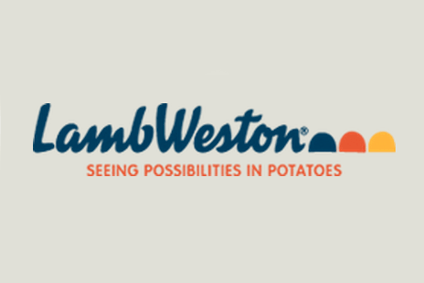
The investment in ConAgra Foods’ shares by hedge fund Jana Partners has prompted speculation that the group will sell one of its divisions, in order to better realise shareholder value. While the emphasis seems to be so far on ConAgra’s troubled private-label business, Stefan Kirk of M&A advisory Glenboden believes the commercial foods unit should be the divestment priority.

Discover B2B Marketing That Performs
Combine business intelligence and editorial excellence to reach engaged professionals across 36 leading media platforms.
Emphasis on private label is misplaced
Much of the focus has been directed at the struggling private-label foods business of ConAgra Foods. However we believe that’s misplaced, not least because the unit is currently loss -making at the EBITDA level (in both 2014 and 3Q 2015), and so technically is not worth anything.
Besides, it appears there’s light at the end of the tunnel for the private brands division. ConAgra predicts that pricing initiatives, improved customer service and cost management will lead to superior performance in fiscal 2016. So, the group should focus on completing the turnaround, and full integration of Ralcorp, in its private brands division.
In the meantime, if Jana Partners or other activist investors are insisting on a more immediate realisation of shareholder value, or faster reduction of indebtedness than the US$1bn currently booked for 2015, then ConAgra should sell its commercial foods division instead.

US Tariffs are shifting - will you react or anticipate?
Don’t let policy changes catch you off guard. Stay proactive with real-time data and expert analysis.
By GlobalDataCommercial foods is an attractive asset
The group’s commercial foods business provides branded and private label frozen foods, ingredients and other products to foodservice customers and other food producers. In 2014, 45% of sales from that division were of specialty potatoes, i.e. frozen fries etc, under the Lamb Weston brand.
Having worked briefly with LW in Europe, Glenboden can safely say that specialty potatoes for foodservice is a very attractive business. Dominated by quiet, non-public entities like McCain, Aviko and Farm Frites, it’s a defensible category with high entry barriers and strong growth prospects.
That’s reflected in the relatively strong performance of the commercial foods division within ConAgra’s portfolio. Thanks to improvements in price & mix, operating profit is growing, to such an extent that Lamb Weston merited a special mention in ConAgra’s 2015 third-quarter earnings release.
 |
Divestment addressed to private equity
Although the commercial foods division could be an attractive consolidation target for global frozen foodservice groups, our feeling is that the most likely buyers for the unit would be private equity firms, because that division combines both frozen potato and frozen bakery, which tend to be separate in the world of strategic players.
Also, the private equity route could allow ConAgra to construct an option agreement with the buyer, whereby the group re-acquires Lamb Weston in future, once it’s repaid its debts and sorted out its retail -facing businesses, under an agreed price formula.
The line-up of private equity buyers would probably be led by firms that have a strong presence in the US, and that already have recent portfolio experience in frozen foods assets.
Several potential buyers if the price is right
The first candidate that comes to mind is Permira. Having very recently sold its Iglo frozen foods business in Europe to Nomad, it clearly would have some of the expertise necessary to grow Lamb Weston to its full potential. However, with an average EUR800m of equity invested in each of its consumer sector portfolio companies, LW might be too big for Permira.
Lion Capital might well also be interested, given its ownership of Findus frozen foods in Europe, and generally the fact that it’s 100% focused on consumer businesses, mostly food & beverage ones. Again however, the ticket for LW might be too big for them.
Another, perhaps more likely contender is the giant Blackstone: 75% of its portfolio consists of North American companies, including Pinnacle Foods which has a significant frozen presence in US retail. KKR might also be in the frame, as it has been focusing on food & beverages acquisitions recently.
In terms of valuation, we believe that any deal would be at a slight discount to the Iglo deal, in EBITDA multiple terms, inter alia because B2B brands are generally not as strong as B2C ones. That’s reflected by the fact that commercial foods lost a significant customer in 2013.
In any event, the proceeds from any deal should be enough to allow ConAgra to repay the majority of its debt, and/or return some money to its anxious shareholders.





